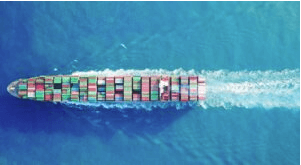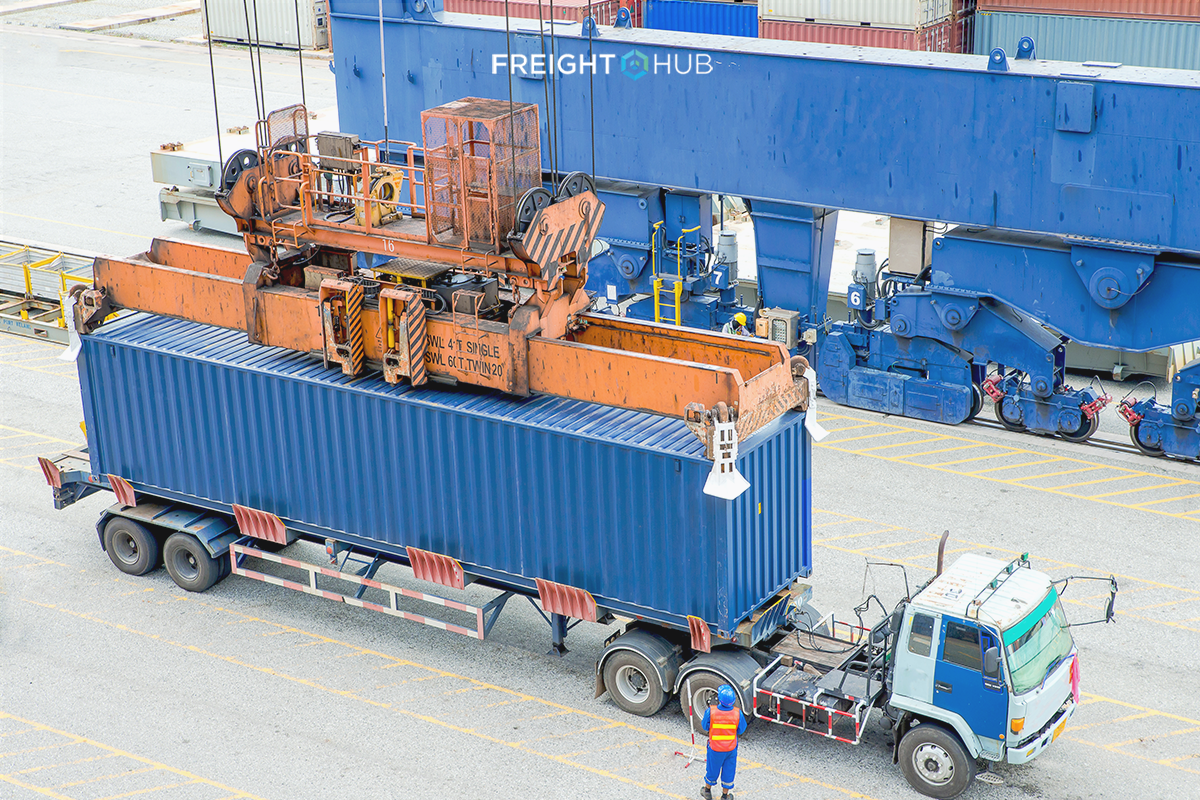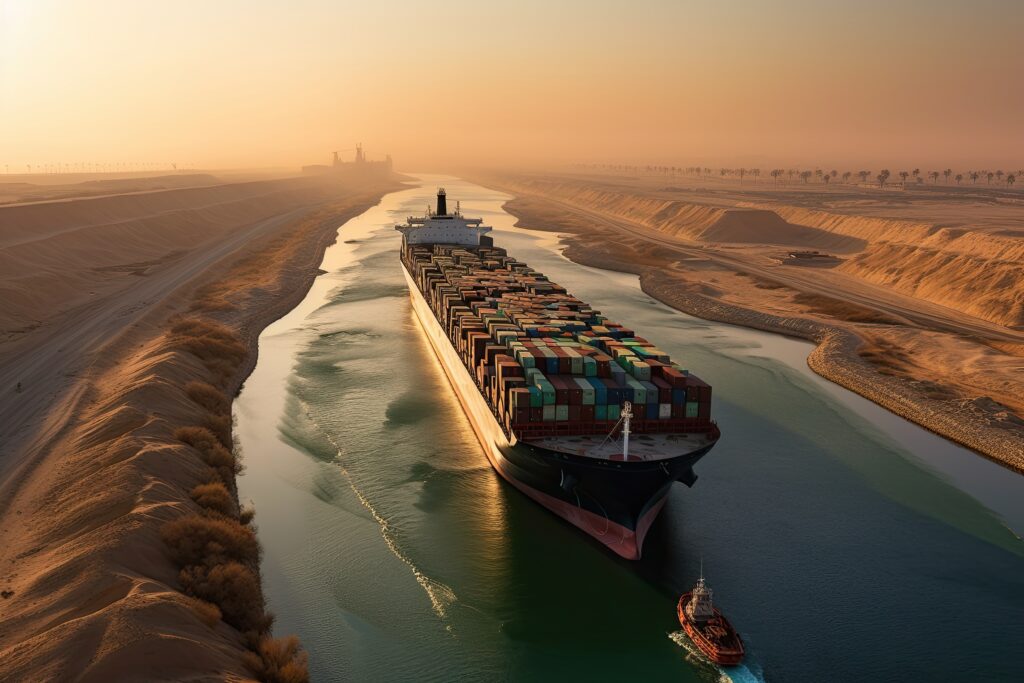For years, international freight forwarders for container shipping have been struggling with low freight rates. In view of the high wage costs, German shipping lines often can only stay competitive with the help of subventions.
Within an economy that becomes more and more global, sea trade used to be a profitable business. The crisis, which has been lasting for more than seven years now, hits shipping lines that specialized in sea cargo transport especially hard. The constantly falling prices for container transport are especially problematic. With these prices shipping lines can hardly cover their expenses unless they do business in low-wage countries.
Subventions are cutting the freight rates
In order to be able to compete with international freight forwarders, German shipping lines have also been depending on subventions in the recent years. Freight forwarders and vendors are responsible for approximately 100,000 jobs and around 3 percent of the GDP in the northern German federal states, which are considered structurally weak. The government was willing to spend an annual amount of up to 58 billion euro on them in the past few years. That was the only way for German shipping lines to compete with the low freight rates of international competitors.
Rising shipping line capacities and a an almost stagnating world trade
At the same time, subventions themselves made it possible for international freight forwarders fleets to grow larger than the world trade in general and especially larger than the demand for container transport. In the year 2015, the global container shipping fleet of international freight forwarders, which had grown by 8.5 percent, was facing a growth of only 1 percent within the sea freight business. New acquisitions made sense for the shipping lines as ships with a low usage for sea freight lowered transport costs for a crucial price thanks to a rising oil price. However, the excess on the supply side, due to enlarged fleets, did cut the freight rates once again.
Dependency on state subventions is rising due to low freight rates
In view of the low container transport prices, German shipping lines are hardly able to afford appropriate payment for their workers or necessary investments. The sea freight’s dependency of state subventions is made permanent by the low freight rates. And the government keeps giving money: For 2016 the government promised a funding of almost 58 billion euro. In addition, it will buy impaired ship loans of the HSH Nordbank in the amount of 6.2 billion euro and give credit authorization of 16.2 billion euro. This credit authorization is supposed to save them from ruin and indirectly keep the shipping lines alive as well.
German shipping is decreasing steadily
Nevertheless, the number of container ships sailing under the German flag has been decreasing for years – and with that also the number of German employees within the sea freight trade. The state subsidies are tied to strict conditions concerning the origin and payment of their workers. That makes many shipping lines to forego state support and rather go for wage dumping in order to compete with the low freight rates of international forwarders. For German employees within this industry the low freight rates could therefore become existential threats on the long-term.








